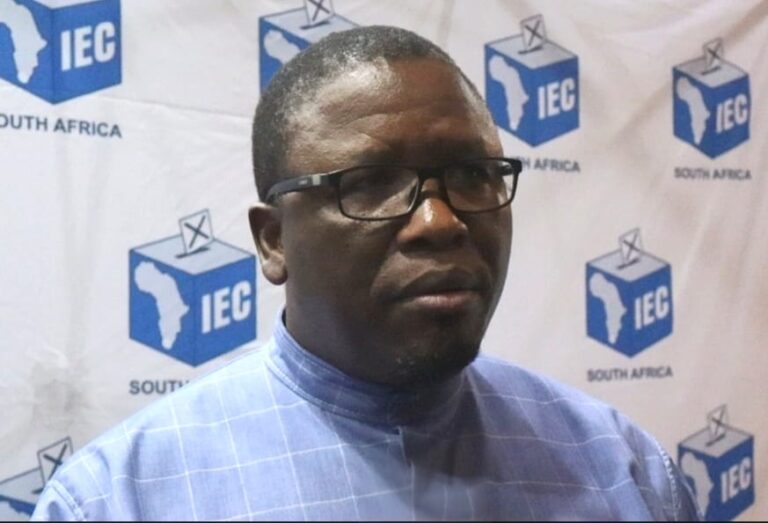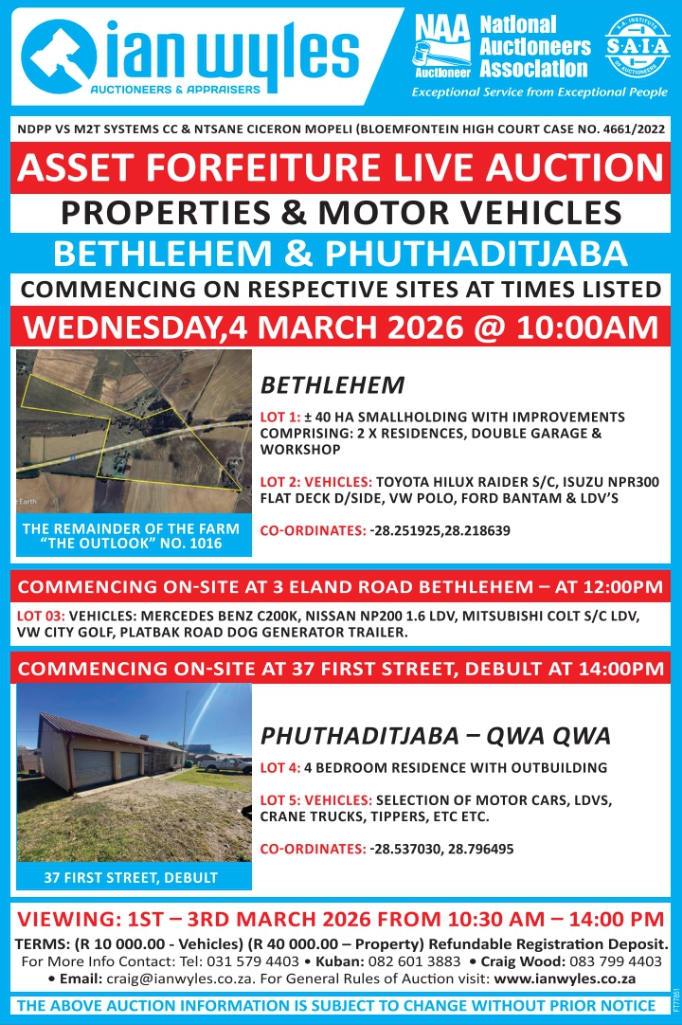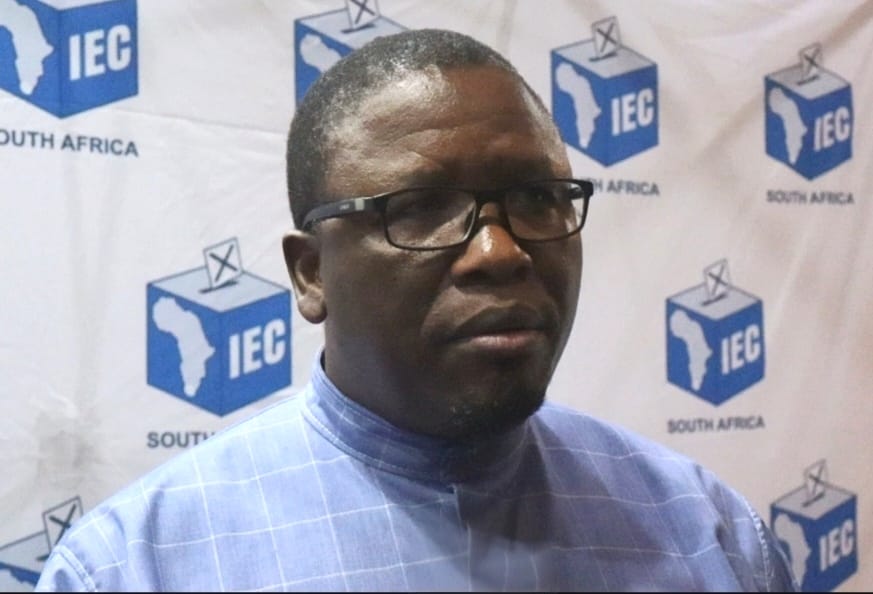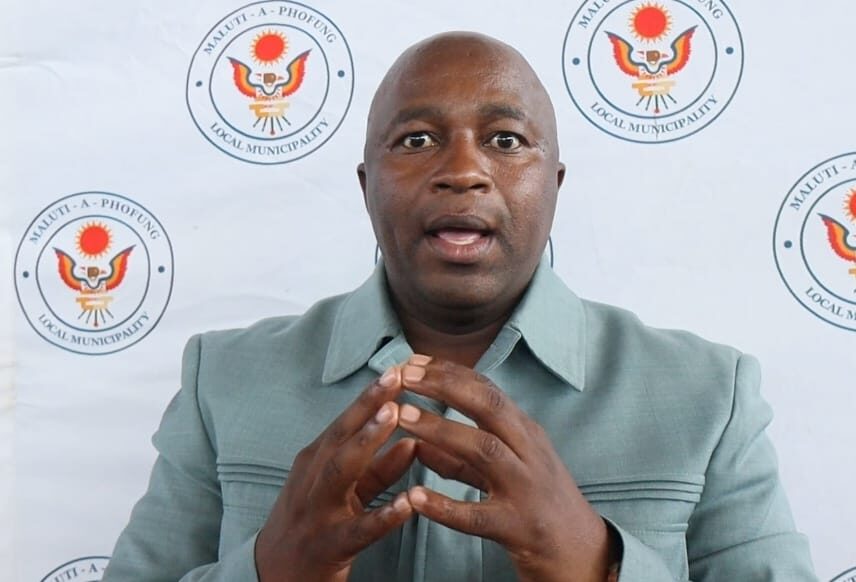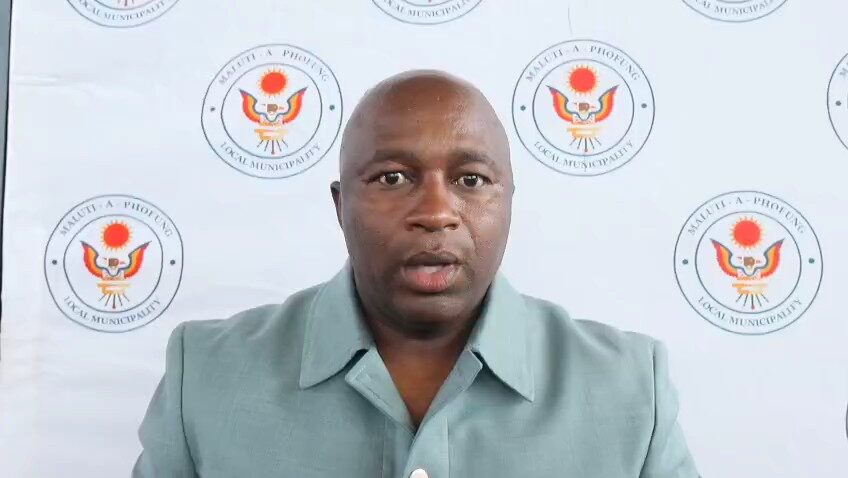By Teboho Moloi
QWAQWA – Independent political analyst Valerio Manzini has attributed the deteriorating state and instability in the troubled Maluti-a-Phofung (MAP) Local Municipality to the lack of merit-based political leadership.
Manzini criticized politicians who prioritize personal gain, enrichment, and “stomach politics” over the needs of the community, leading to the municipality’s failure to deliver adequate basic services.
He elaborated that many of today’s politicians representing communities in local councils are selected based on their popularity and financial status rather than their skills or competence.
“Maluti-a-Phofung, in particular, needs politicians who are capable, skilled, and qualified. It requires visionaries—not just individuals who can put pen to paper, but those who can establish sustainable goals to address community needs,” said Manzini.
His remarks come as MAP continues to struggle with soaring unemployment, frequent water supply interruptions, and continuous electricity outages.
Manzini further stated that a lack of politicians who are well-versed in governance principles, community needs, and accountability has contributed significantly to the ongoing instability in the municipality.
Recently, in less than 30 days, the municipal council received two motions of no confidence against the council’s chief whip, Moeketsi Lebesa. In the first attempt to remove him, he interdicted the motion with a court order, which was served by a court sheriff during a council sitting.

Independent political analyst Manzini Valerio.
MAP 16 convener Paratlane Motloung, who initiated the latest motion of no confidence against Lebesa, argued that the court order only applied to the initial motion filed by Sarko and had no bearing on their submission.
Motloung dismissed claims that the frequent filing of motions of no confidence necessarily indicates instability within Maluti-a-Phofung, insisting that such actions are part of the normal political process. He maintained that the perceived instability is political rather than affecting the overall administration and service delivery of the municipality.
However, Manzini traced the instability in MAP back to 2017, pointing to a continuous rise in service delivery protests by residents, which persist to this day.







